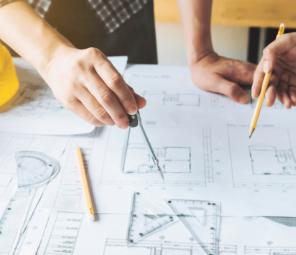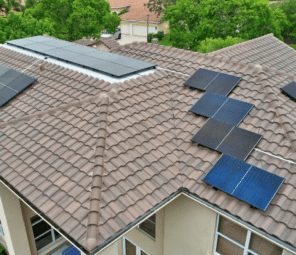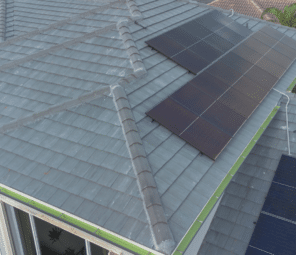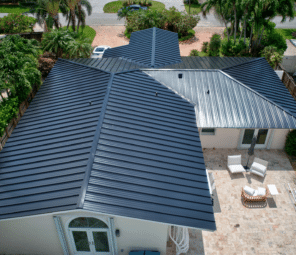Blog
How Do Solar Panels Work? Everything You Need to Know
Wondering how solar panels work? If you are thinking about adding solar energy to your home, it’s understandable to want to know how your panels will be doing the work they are designed to do. In brief, solar panels work by pulling energy from the sun. Particles of light hit solar panels and electrons are knocked free from atoms. This creates a flow of electricity. Without getting too scienc-ey on you, it is converting sunlight into electricity.
How Sunlight is Converted into Electricity
Fun Fact: According to the Office of Energy Efficiency and Renewable Energy, the amount of sunlight that hits the surface of the earth in just an hour and a half is enough to produce enough energy for the entire world to consume for a year. It’s hard to fathom this. With solar panels, we are just starting to scratch the surface of what the sun can produce. The amount of sunlight varies in different parts of the world. Lucky for us, South Florida is a sunlight goldmine! On average, Florida gets 237 days of sunshine per year, compared to 205 in the rest of the country.
Solar panels work when sunlight hits them. The light activates technology in the panels that capture the radiation and transforms it into useful energy. i.e.: Electricity to power your home. A common question we hear is do solar panels work on cloudy days. They do, but not as efficiently as when they are in direct, non-obstructed sunlight. This is why the optimal position for solar panels on your home is on a South facing part of your roof.
How Do Solar Panels Work: Important Things to Know
- You will have electricity at night and on cloudy days. It isn’t as if your electricity can only be turned on when the sun is shining. The technology used in solar panels is designed to convert even the smallest amount of solar radiation into electricity. Most panels, and more importantly, inverters, which convert the electricity into usable energy for your home, are able to be activated by what is known as ambient light. Ambient light is when there is enough light to see your hand in front of your face. That’s all it takes for solar panels to be able to produce electricity.
- You do not have to lower your energy consumption. When we go out and evaluate a home for solar energy, we take into account the average amount of kilowatt hours your home uses over the course of a year. The number of solar panels we install is directly proportional to this. So, assuming you don’t turn on every single appliance in your home at the same time for multiple days in a row, you’ll have more than enough electricity to conduct business as usual.
- You may still lose power during an outage. Solar panels are still connected to FPL’s grid. This means that when there is a power outage in your area, you will likely lose power as well. Technology is emerging that may help overcome this in the future. In the meantime, it is still wise to invest in a backup generator even if you have solar.
Solar Panels Have a Big Job
Not only do solar panels power your home – and many businesses – but they also greatly contribute to a cleaner environment. Every home in the world sends out carbon emissions. Yours included. By adding solar panels, you are greatly reducing your carbon footprint. This directly helps to offset things like climate change. It is estimated that if everyone switched to wind, water, or solar energy, up to 7 million deaths from air pollution could be avoided annually. It would also slow and then reverse the effects of climate change.
On top of these very beneficial, and very real, positive effects, solar helps to save you money. With no money down, you can get solar panels installed and pay less for your system per month than you were paying to FPL.
Still wondering how solar panels work, or have more questions about the benefits of solar and financing?








